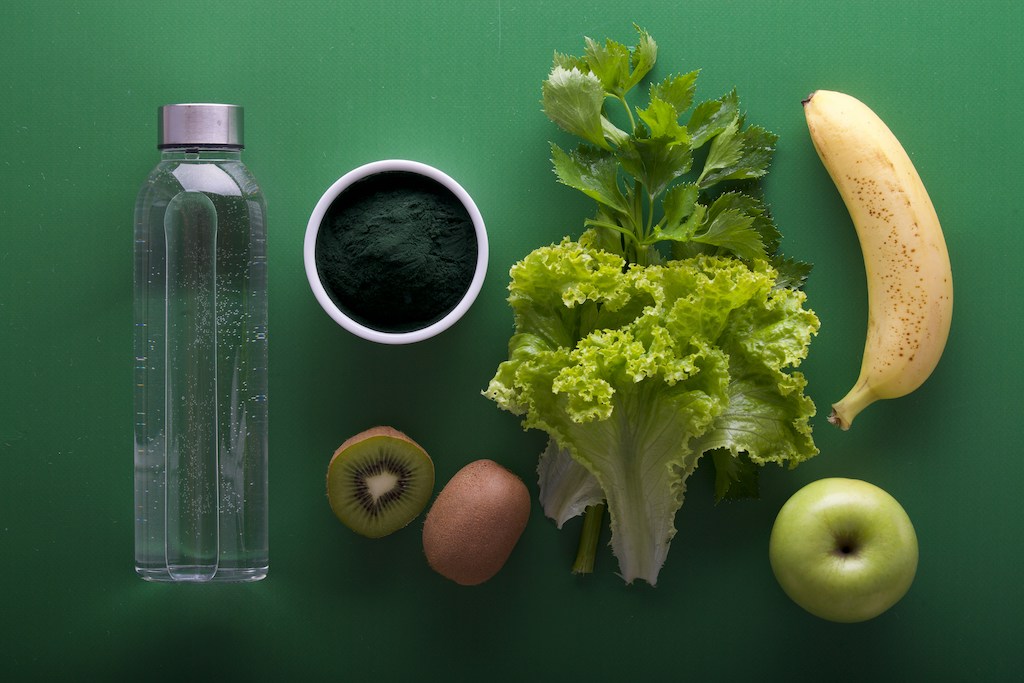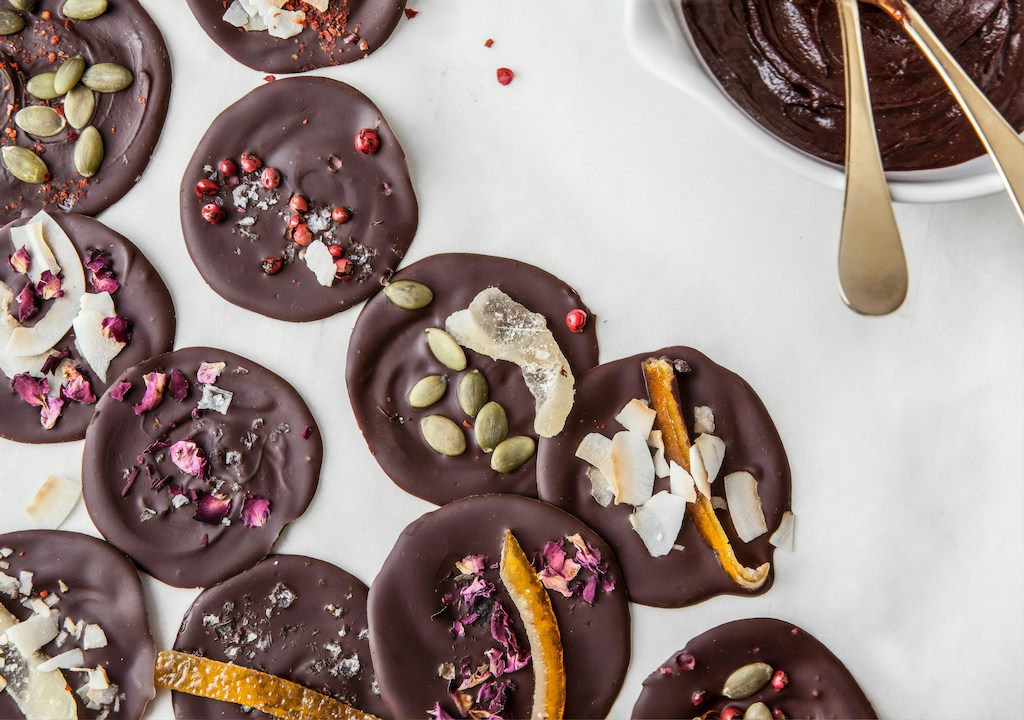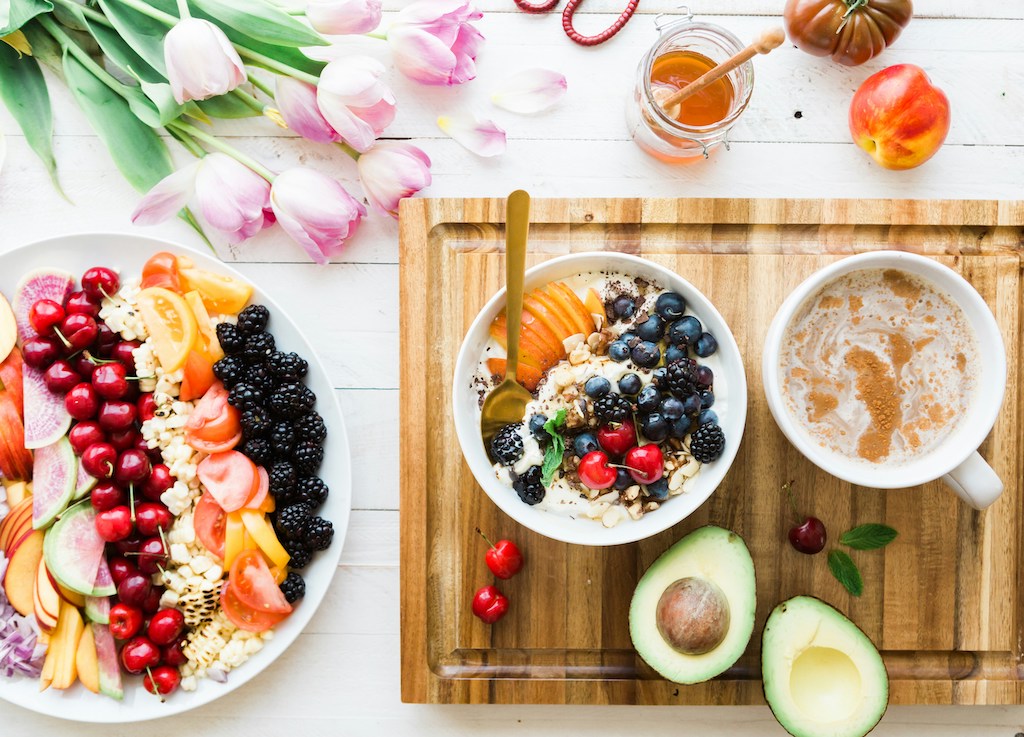Certified nutrition coach Tanisha Bawa, who transformed her health through gut healing, shares tried and tested gut health tips.
Your gut, also called the “second brain,” is the command center of your body’s health and not just a silent participant in digestion. Beneath the surface, there is an expanding city of trillions of bacteria that are always trying to affect your immunity, mood, and even daily energy levels. But in today’s fast-paced world, stress, bad food choices, and environmental pollutants frequently take a toll on our stomachs.
The good news? Your stomach is resilient and loves to mend when given the correct tools. Are you prepared to discover the keys to a better, more contented gut? To begin fostering your inner ecology right now, follow these five tips to heal your gut naturally.
- Take Care of Your Mental Health
Because of the close relationship between the gut and the brain, scientists frequently call the gut the “second brain.” The gut-brain axis, a complex network of hormones, neurons, and biochemical signals connecting your gut microbiota to your central nervous system, is how this communication takes place. Stress causes your mind to send distress signals to your stomach, which can change the balance of gut bacteria, increase inflammation, and perhaps interfere with digestion. Conversely, poor gut health can affect brain function and lead to mood swings, anxiety, and despair.

Making mental health a priority is essential to ending this pattern. Begin with straightforward yet effective routines, such as journaling. Clearing your mind of clutter through writing can create clarity and mental balance. Additionally, it might lessen the stress chemicals that harm your digestive system.
Meditation and mindfulness are equally helpful practices. Deep breathing techniques help your stomach work at its best by calming your nervous system and triggering the parasympathetic “rest-and-digest” response. You can improve gut motility and quiet your thoughts by engaging in physical activities like yoga or taking a stroll outdoors.
Taking care of your gut directly results from taking care of your mind, and vice versa. It’s a vibrant collaboration that deserves daily care.
2. Make Your Diet More Fiber-Rich
One of the most critical nutrients for gut health is fiber, which fuels the good bacteria in your digestive tract. By breaking down fibre, these bacteria create short-chain fatty acids that improve the health of the gut lining, lower inflammation, and boost immunity.
Increasing your diet’s fibre doesn’t have to be complicated. First, add a range of plant-based foods, such as whole grains, legumes, nuts, seeds, fruits, and vegetables. Good sources include broccoli, apples, chia seeds, and oats. Gradually increasing your fiber consumption enables your gut to adjust without experiencing discomfort like bloating.

Diversity is the key. Different fibers support distinct bacterial strains, fostering a healthy and balanced gut microbiota. In addition to promoting improved digestion, eating foods high in fiber lays the foundation for greater general health and energy.
3. Use Food to Incorporate Probiotics and Prebiotics
A balanced combination of probiotics and prebiotics is ideal for your gut since they support and populate your gut microbiota. One kind of fibre called prebiotics feeds on good bacteria, encouraging their growth and activity. Prebiotic-rich foods include garlic, onions, and bananas.
On the other hand, probiotics restore diversity and equilibrium in your gut by introducing living beneficial bacteria. Prioritise natural, fermented foods like kefir, kimchi, and yoghurt over pills. These foods are tasty additions to your meals and are high in nutrients.
When included in your diet, prebiotics and probiotics work in harmony to support gut health, increase immunity, and even enhance digestion. By focusing on food first, you may enjoy the taste and variety of these nutrients while ensuring you get them in their most bioavailable forms.
4. Increase Magnesium and Omega-3 Consumption
Magnesium and omega-3 fatty acids are essential for gut health because they lower inflammation and preserve the integrity of the gut lining. Omega-3s have potent anti-inflammatory effects and can be found in foods like walnuts, chia seeds, flaxseeds, and fatty fish (salmon, mackerel, and sardines). Strengthening the gut lining’s defences against dangerous bacteria and toxins aids in its repair and preservation.
Magnesium, a mineral involved in hundreds of body functions, can support smooth muscle function in the digestive tract and avoid constipation. Magnesium-rich foods that are simple to include in your diet include dark chocolate, spinach, almonds, and pumpkin seeds.

By including foods high in omega-3 fatty acids and magnesium in your meals, you can provide your gut with the necessary resources to operate at its best. These nutrients are essential for gut-healing travels because they also promote general health, such as improved mood, less stress, and better sleep.
5. Avoid Consuming Foods That Cause Inflammation
Instead of concentrating on getting rid of “bad” foods, change your mindset to include more nutrient-dense, gut-friendly foods that naturally make less space for inflammatory options. Foods heavy in sugar, processed carbs, unhealthy fats, and artificial additives can upset your gut microbiota. This can lead to increased inflammation and gut permeability, commonly called “leaky gut.”
Instead, prioritise full, unprocessed foods that are high in antioxidants, vitamins, and minerals. Cravings for processed or inflammatory meals will gradually decrease as you consume more nutrient-dense foods.
Making long-lasting lifestyle adjustments is more critical for gut healing than temporary solutions. By putting your mental health first, eating more fiber, including gut-friendly foods, and emphasising anti-inflammatory options, you’re laying the groundwork for a better, happier gut—and, eventually, a healthier you.
Start small, be consistent, and let your gut guide you toward better well-being.
Explore Tan365, founded by Tanisha Bawa, an Integrative Nutrition and Health Coach. Visit their website to know more!
Also Read:
5 Easy Snack Ideas to Keep Your Hunger Pangs at Bay, According To A Nutritionist
Health Coach Ananya Bhandare Shares 4 No-Fuss, No-Muss Smoothie Bowl Recipes To Try
Decoding Neuroglow: Here’s How to Boost Your Skin’s Radiance by Nurturing Your Mind, a Dermat’s POV





